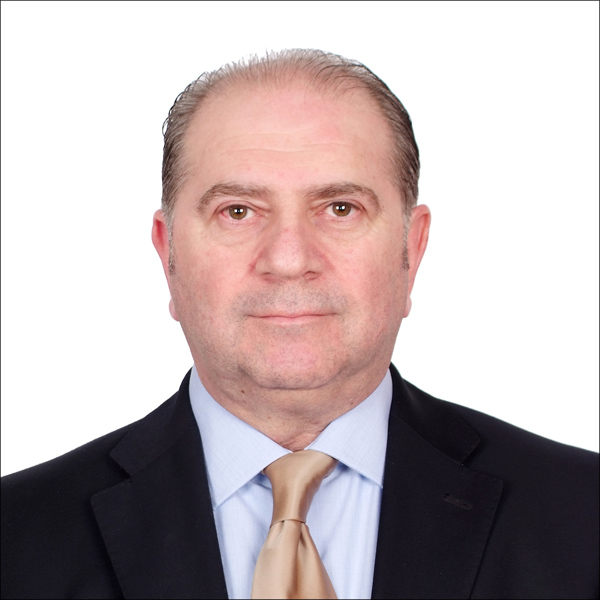
Besher Al-Attar, MD, CES (Neph), RHP, Assistant PH, Paris France
Riyadh, Kingdom of Saudi Arabia
Consultant Nephrologist
Executive Director of Clinical Services for the Saudi Center for Organ Transplantation (SCOT)
Scientific Editor for the Saudi Journal for Kidney Diseases and Transplantation
Co-founder of education training program DMC and DAC
Member of TTS / ISODP, ISN, MESOT
Dr. Besher Al-Attar graduated from Damascus University Syria. He finished his residency in internal medicine and nephrology in University Hospital Ambroise Paris-France (RHP), A French Board Certified (CES) from Rene Descartes, Paris France. He worked as assistance Professor in Nephrology and Dialysis at the University Hospital in Ambroise Pare, Boulogne, France (PH, Paris). He also worked as Consultant Nephrologist and Supervisor of Renal Services in North Health Directorate in Tabuk. He joined the SCOT in 1995 and appointed as Medical Director since 1998. He received a visiting professorship in organ procurement from the National Institute of Transplantation in Los Angeles, California. He participated in numerous scientific activities nationally and internationally including hundreds of educational presentation with over 75 scientific abstracts, 15 peer reviewed articles and 5 books related to CKD, organ donation and death declaration.
Deceased organ donation and organ sharing a cooperation between Gulf Cooperation Council nation
Besher Al Attar1, Dan Aldrin Santiago1, Mohamed Kamal1, Bader Alanazi1, Talal Algoufi1.
1Donor Affairs and Organ Allocation Department, Saudi Center For Organ Transplantation, Riyadh, Saudi Arabia
Introduction: The Saudi Center for Organ Transplantation (SCOT) was established in 1993 as a government body that oversee all organ donation and transplantation programs in KSA. In 1996 an organ sharing program was launched among Gulf Cooperation Council Countries (GCC) which includes the Saudi Arabia, Bahrain, Qatar and Kuwait. While the UAE has started its national deceased organ donation program in 2017. To date UAE is Saudi Arabia’s biggest source of deceased organs through this program.
Materials & Methods: A retrospective review of deceased organ sharing between KSA and GCC countries from 1996-2022.
Results: Since SCOT’s inception in 1993 deceased organ transplantation has significantly improved and with this milestone, organs shared from GCC countries has contributed to its success. It is worth mentioning that a total 581 organs and 84 Heart as source of Valves (HFV) from GCC countries and Spain were recovered and transplanted in the Kingdom. Wherein, 356 organs and 63 HFV came from Kuwait, 46 and 8 from Qatar, 26 and 4 Bahrain, 75 and 9 from UAE and 28 organs from Spain in 2000 to 2001. The organs shared to KSA were kidneys, liver, heart, lungs, pancreas, intestine and HFV tissues.
In 2022 a total of 342 deceased organs were transplanted in the Kingdom wherein, 138 kidneys, 66 livers, 41 hearts, 78 lungs, 14 pancreas and 5 intestines were transplanted in addition to 15 HFV, 16 corneas, 18 bones and 12 tendons. Noteworthy, this year, was the highest recorded organs shared from a single country the UAE with 68 organs and 5 HFV recovered and transplanted in the Kingdom which includes, 12 kidneys, 8 livers, 19 hearts, 24 lungs, 3 pancreas and 2 intestines.
Conclusion: It is every country’s best interest to provide its citizens especially those with organ failure a life-saving treatment and a renewed and improved quality of life. Deceased organ transplantation had saved thousands of lives but with the growing numbers of patients on waiting list, but lacking of deceased organ donors not including the possibility of organs getting rejected due to medical reasons, deceased organ sharing has found its way to maximized the utilization of these organs.
[1] Deceased Organ Sharing
[2] KSA
